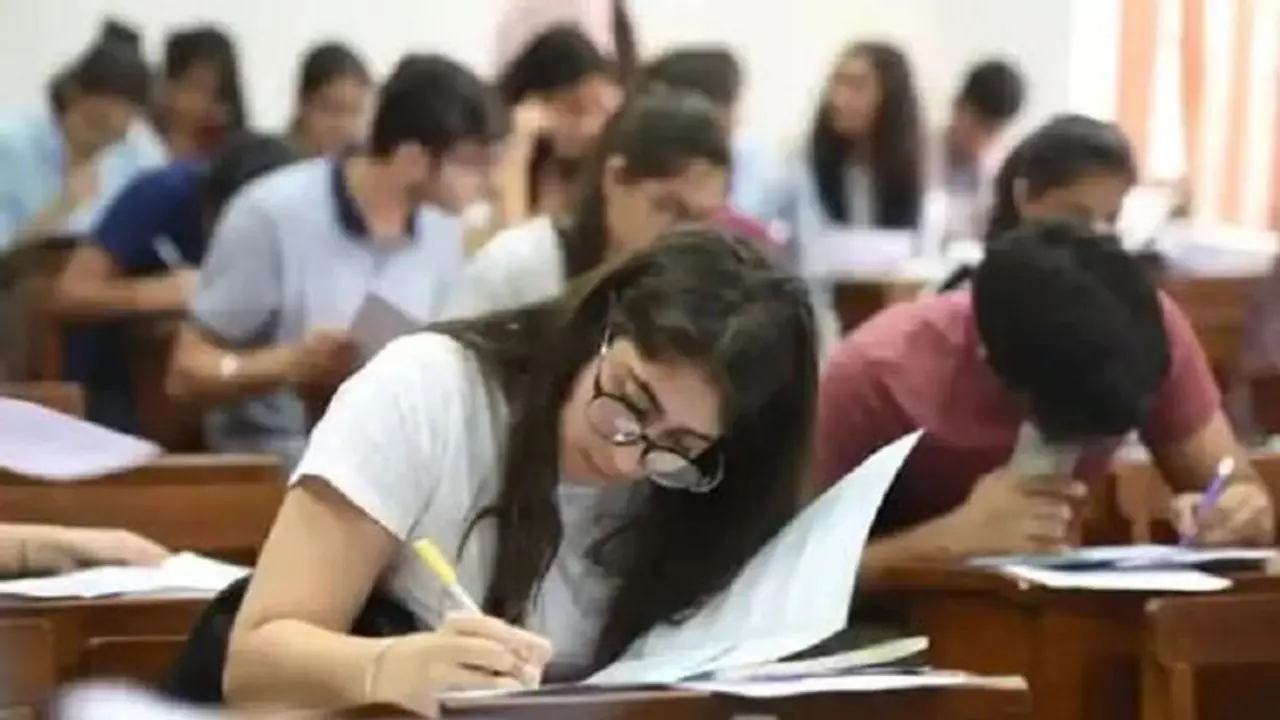Public Examination (Prevention of Unfair Means) Bill, 2024, is poised to bring a comprehensive and stringent framework to tackle malpractices and ensure the integrity of public examinations.
The Narendra Modi government is set to table the Public Examination (Prevention of Unfair Means) Bill, 2024 in Parliament on Monday. The bill is a significant step aimed at curbing cheating and irregularities in major examinations. Jitendra Singh, the Minister of State for Personnel, Public Grievances, and Pensions, is slated to introduce the draft legislation in the Lok Sabha.

Here is what we know about the Public Examination (Prevention of Unfair Means) Bill, 2024.
* The proposed bill suggests stringent measures, including a minimum of 3-5 years of imprisonment for those responsible for leaking exam papers, with the penalty escalating to 5-10 years in cases involving organized syndicates.
* The scope of the draft law extends to various public examinations, encompassing those conducted by Union and state public service commissions, railways, and entrance exams for medical, engineering, and university programs.
* It also proposes a fine of up to Rs 1 crore for service provider firms conducting examinations found to have irregularities, with a provision to bar such firms from organizing public exams for four years if found guilty.
* The draft legislation comes in response to instances of paper leaks causing exam cancellations, such as the Jharkhand General Graduate Qualified Combined Competition (JSSC CGL).
* The bill aims to target organized gangs, mafia elements, and those engaged in malpractices, sparing students from its provisions.
* Concerns over question paper leaks prompting exam cancellations have affected several competitive exams, including the teacher recruitment exam in Rajasthan, Haryana’s Common Eligibility Test (CET) for Group-D posts, Gujarat’s junior clerks recruitment exam, and the constable recruitment exam in Bihar. To address these issues, the bill proposes the establishment of a high-level national technical committee on public examinations. This committee will be tasked with making recommendations to enhance the security of computerized examination processes, develop protocols for digital platform insulation, devise foolproof IT security systems, ensure electronic surveillance of examination centres, and formulate national standards for both IT and physical infrastructure used in conducting exams.
* Investigations into paper leaks will be handled by an officer not below the rank of Deputy Superintendent of Police or Assistant Commissioner of Police, according to the draft legislation, with the union government retaining the authority to refer investigations to any central agency.
* The bill identifies 20 offences and unfair means, including impersonation, manipulation of answer sheets, and tampering with documents for candidate shortlisting or finalizing merit or rank.
* The draft law also emphasizes candidate protection, clarifying that candidates will not be held liable under its provisions but will remain covered by existing administrative regulations.
